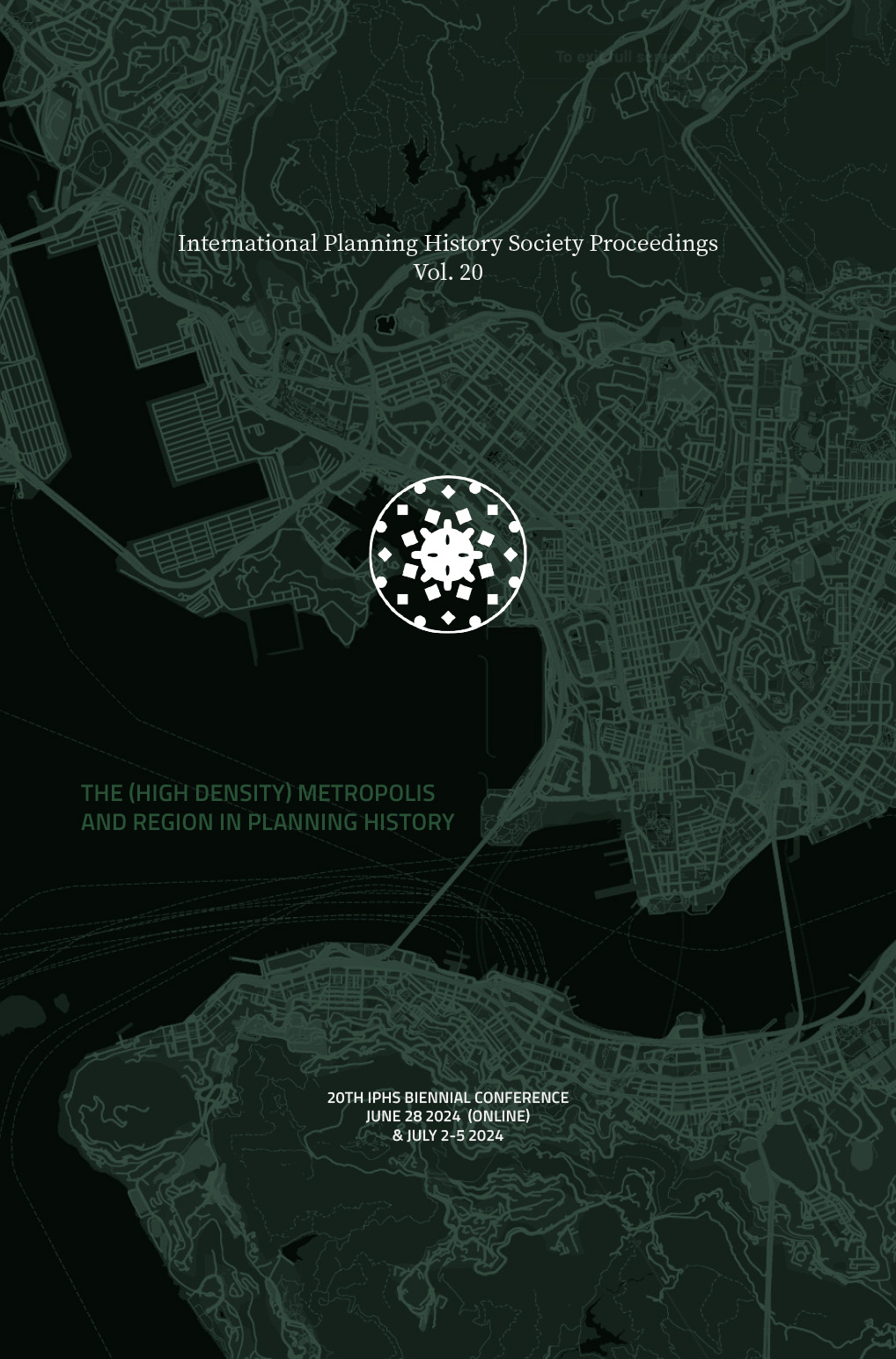Urban Density
Historicising Land Rights and Heritage as a Planning Trope
DOI:
https://doi.org/10.7480/iphs.2024.1.7621Abstract
Singapore’s Old Kallang Airport was once Southeast Asia’s finest commercial airport in the late 1930s, when international travel was at its height before the Second World War. The British identified this to be their first purpose-built civil airport and a testament of the prospects of air travel, with Singapore as a gateway between England and Australia. Within a kilometre radius from the main terminal, most adjacent buildings and sites like the open-air theme park Happy World, have been demolished and redeveloped to cope with pressures of the urban centre alongside key infrastructural works. The conservation of the buildings within Old Kallang Airport, against a slate of tabula rasa in context, questions the prospect of urban redevelopment and intensification where the site is read through the built and barren landscape, a tussle of land rights over time and space. Today, Old Kallang Airport is hoarded up and rehabilitated for posterity, while the Singapore Land Authority attempts to seek complementing interim uses to sustainably rejuvenate this urban vacuum. This paper investigates the architectural permutations in urban density, programmatic use through urban morphology and historical synapses to inform possible urban planning and design outcomes.
Downloads
Published
How to Cite
Issue
Section
License
Copyright (c) 2024 Shawn Teo, Wen Huan Jiang

This work is licensed under a Creative Commons Attribution 4.0 International License.

